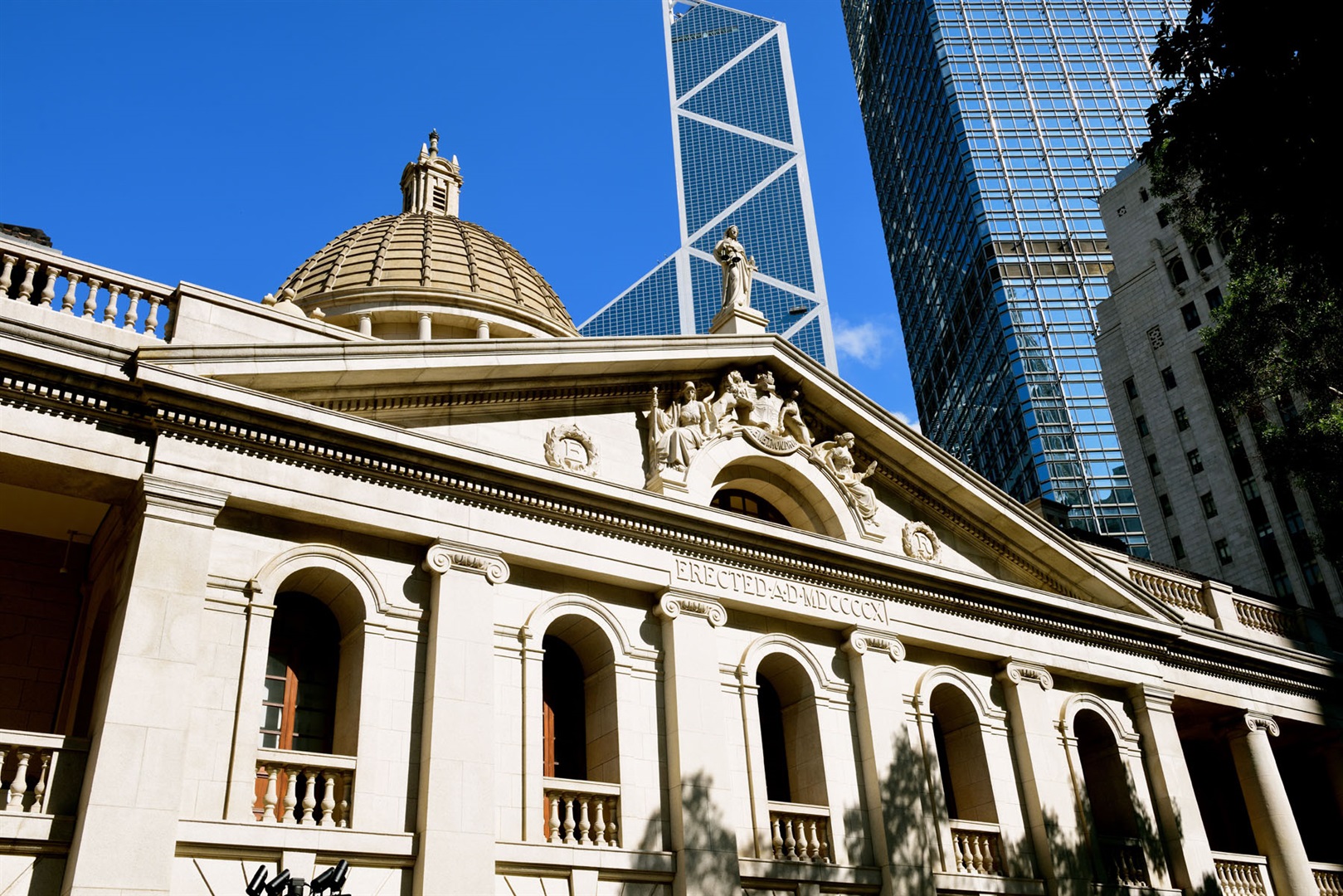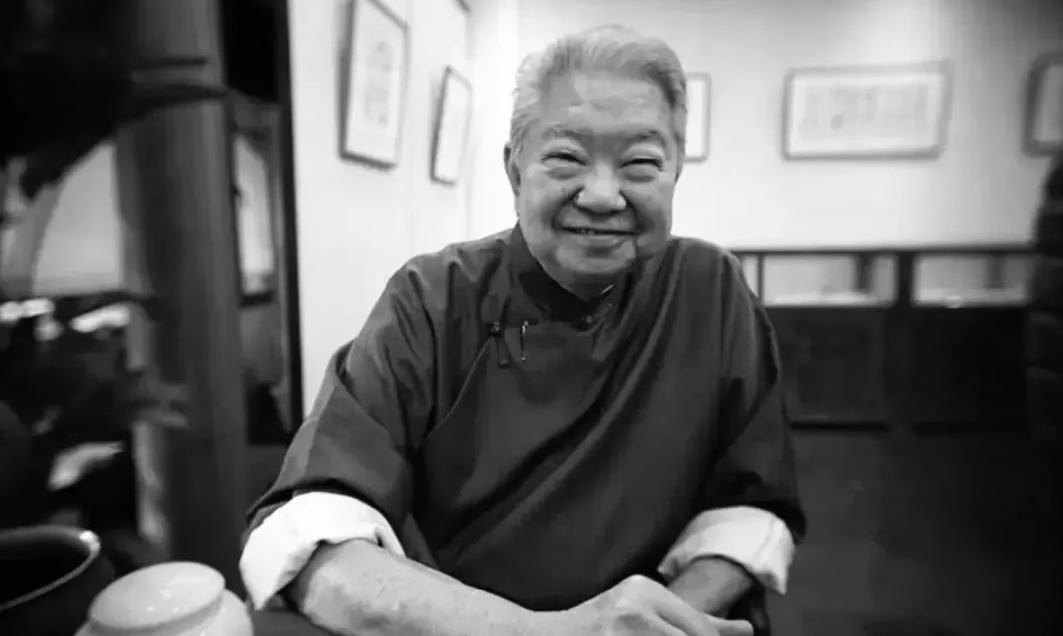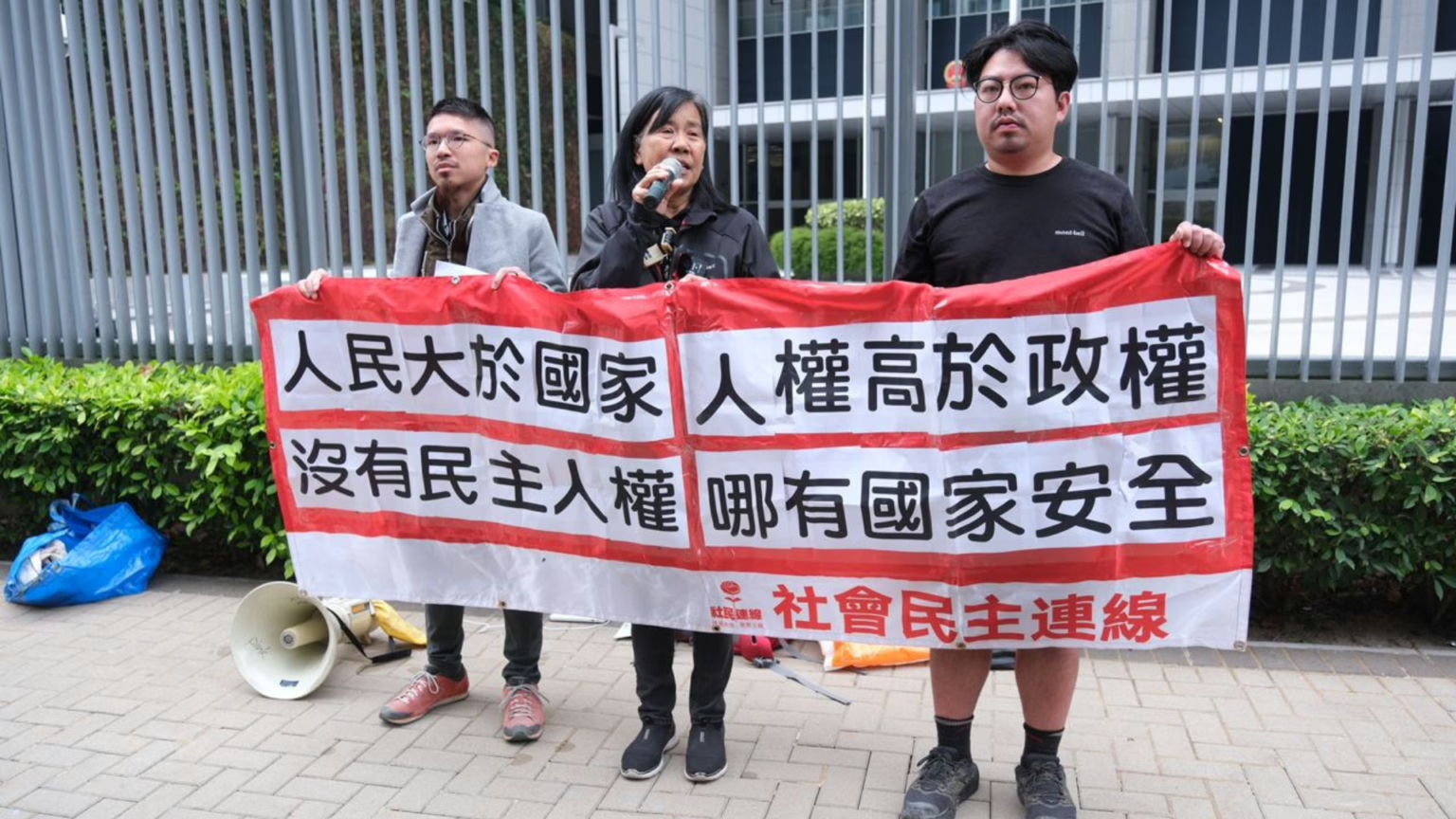The UK government is proposing strict limits on teenagers’ social media usage, including a two-hour daily cap for under-18s, a 10 p.m. curfew, and restrictions during school hours. Technology Secretary Peter Kyle says the measures aim to curb the “addictive” nature of social media and protect young people’s mental health from risks like anxiety, depression, and harmful content. However, the proposals have raised concerns about parental responsibility, data privacy, potential human rights violations, and fears of government overreach into other areas, such as gaming.
Set to complement the Online Safety Act 2023, effective July 2025, the measures would require platforms to enforce age-appropriate content and remove harmful material. Critics argue that parents, not the government, should primarily oversee teens’ online habits. “Parents are best placed to set boundaries using tools like Apple and Google’s parental controls,” said child psychologist Dr. Emma Carter. Platforms like TikTok’s 60-minute default limit for under-18s and Instagram’s teen accounts already support parental oversight.
Significant privacy concerns have also emerged. Enforcing time limits may require collecting sensitive data, such as age verification or usage patterns, stored by service providers. “A data breach could expose minors’ personal details, leading to identity theft or targeted exploitation,” warned cybersecurity expert Dr. Sarah Hughes.
The proposals have sparked debate over potential human rights violations. Restricting teens’ access to social media could infringe on their freedom of expression and access to information, protected under Article 10 of the European Convention on Human Rights (incorporated into UK law via the Human Rights Act 1998). “Social media is a key platform for young people to express themselves and engage with society. Blanket restrictions risk disproportionately limiting their rights,” said human rights lawyer Emma Patel. The Youth Select Committee, comprising 14- to 19-year-olds, called bans on under-16s “impractical and ineffective,” emphasizing social media’s role in education and socialization.
Further concerns arise about government overreach. If social media restrictions are justified by behavioral impacts, could similar logic lead to laws banning certain video games linked to aggression or addiction? Studies, like a 2020 Oxford University analysis, show weak evidence tying gaming to harmful behavior, but high-profile cases could fuel calls for restrictions. “If the government starts legislating based on potential harms without clear evidence, it risks becoming a nanny state, undermining personal and parental responsibility,” said policy analyst Mark Leung. China’s limits on teen gaming (one hour daily on weekends) offer a cautionary example of such intervention.
The tragic case of 14-year-old Molly Russell, who died by suicide after viewing harmful content, underscores the urgency of reform. Yet, her father, Ian Russell, criticized the government’s approach as inadequate, urging bolder action. Evidence on screen time’s mental health impact remains mixed, with a 2019 Chief Medical Officer’s review finding no clear causal link, though research continues.
Drawing from Australia’s under-16 social media ban, the UK faces enforcement challenges, particularly with U.S.-based tech firms. As the government refines its plans, it must balance teen safety, parental roles, data security, and human rights while avoiding a slide into overbearing governance. With the Online Safety Act’s July 2025 deadline nearing, the UK aims to lead in protecting young users without becoming an overly controlling “parental” state.
Discover more from “Bridging Hongkongers. Reporting Truth.”
Subscribe to get the latest posts sent to your email.




